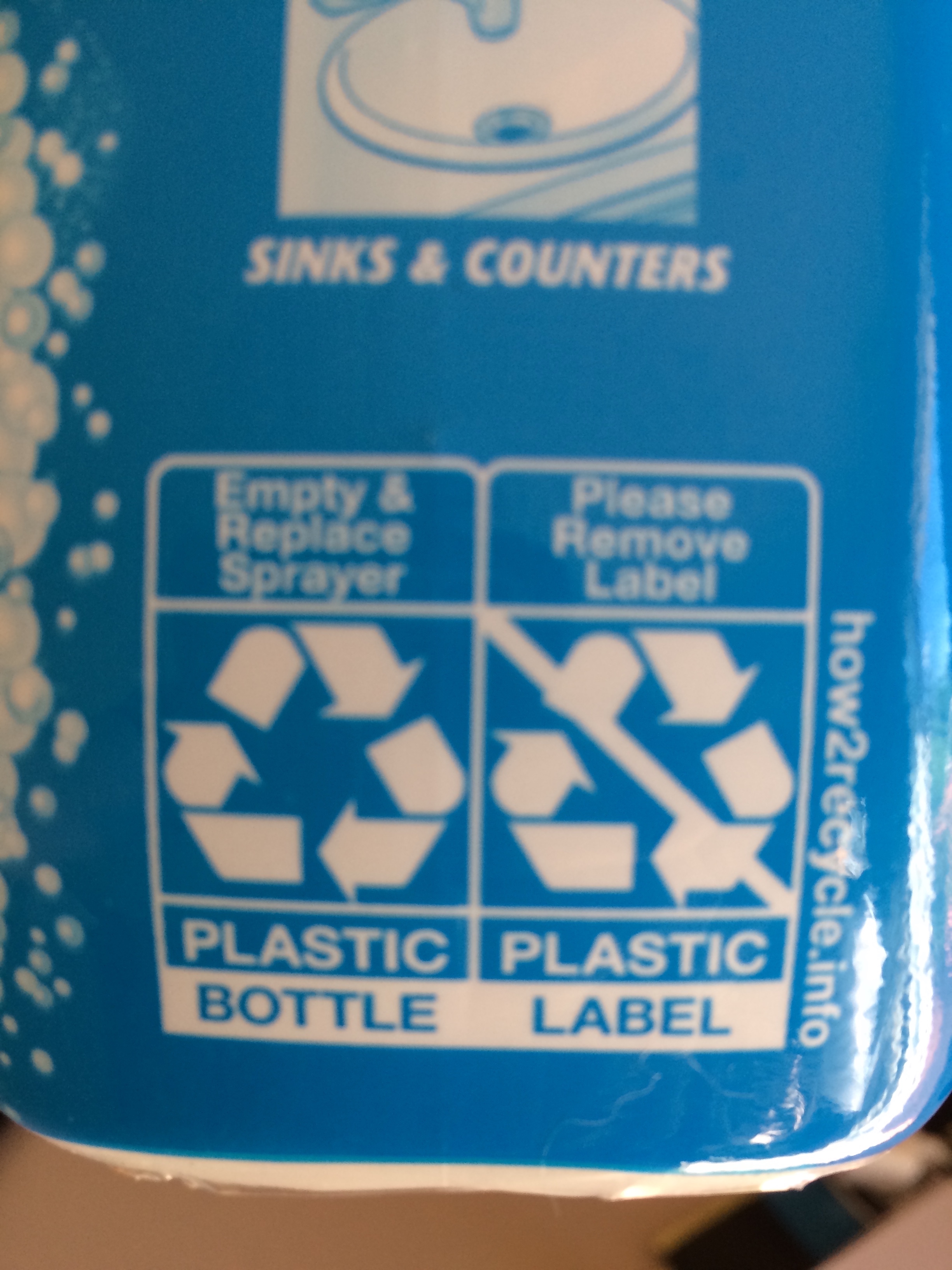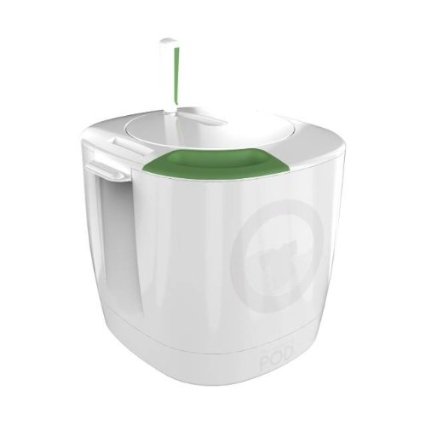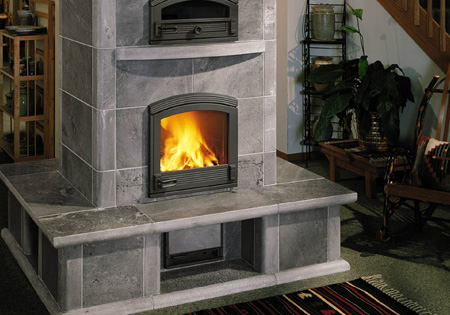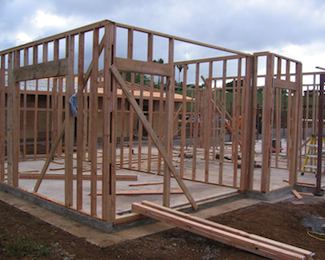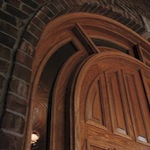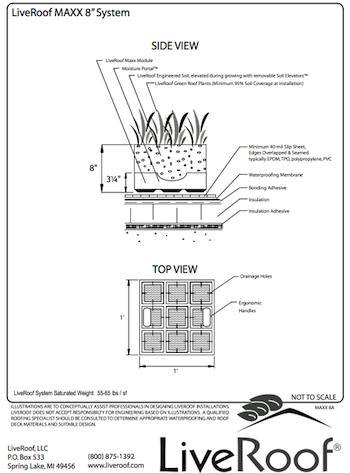Engineered Wood Products
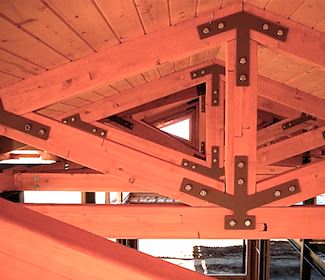
Engineered Wood Products - Roof Trusses
'Engineered Wood Products'. Unless you're a builder, or a contractor, or involved in the design or construction of structures in some other way, this term has probably never entered your vocabulary. What are engineered wood products, and why should you care?
Engineered wood products, also known as composite wood, manufactured board, or manmade wood, is any wood product derived by binding particles, fibers, or veneers of wood with adhesives to form a composite material. Picture a piece of plywood; that's an engineered wood product; cross-laminated wood veneer bonded under heat and pressure with adhesives.
In addition to plywood, many other materials used in home construction are made from engineered wood. These include laminated timber, headers, I-joists, beams, attic trusses, floor trusses, laminated beams, gluelam beams, studs, and more.
Why Engineered Wood Products are Better than Solid Wood
Since products manufactured with engineered wood are man-made, they can be engineered to precise design specifications, offering superior stability and greater structural strength than solid wood products of the same dimension. An engineered wood product won't bow or cup, twist or split like dimensional lumber.
Engineered Wood Products: Stronger, and More Efficient
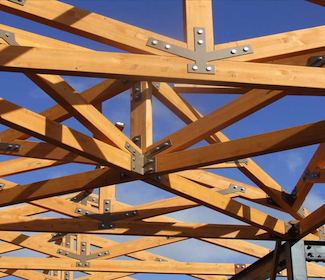
Engineered Wood Products - Roof Trusses
In addition to the obvious advantage of being a stronger structural material for construction than solid wood, engineered wood products are also a more efficient use of a natural resource, wood.
Engineered wood products hold this environmental advantage over solid wood materials in several ways:
- Engineered wood products are made from fast-growing, smaller-diameter trees such as aspen and poplar.
- Many engineered wood products also utilize sawmill scraps and other waste wood in their production. This reduces landfill waste or incineration, and allows manufacturers to use virtually 100% of their timber resources.
- Some engineered wood manufacturers are beginning to use non-wood materials for their products. Examples of these cellulosic engineered products include straw from rye, wheat, or rice, and hemp or kenaf stalks.
While no product made from wood can be 100% free of environmental concerns, engineered wood is a much more efficient use of resources. For a green home builder, there are some red flags to look out for to ensure the engineered wood products in the home are as environmentally friendly as possible.
Engineered Wood Products and the ETHOS Home
Since the goal of a green, ETHOS home is to have as little impact on the earth's natural resources as possible, and to provide a clean, healthy living environment, there are some things to consider when looking for engineered wood products.
- FSC Certified Wood: Make sure the engineered wood products you choose are certified by the Forest Stewardship Council (FSC). This certification, through the use of third-party evaluation and monitoring, ensures that the wood in the products comes from sustainably-managed forests, minimizing the effects of deforestation on the ecosystem.
- SFI-Certified Wood: Like the FSC program, the Sustainable Forestry Initiative is another important sustainable wood certification to look for in engineered wood products. Products certified with the SFI meet stringent standards for sustainable forestry management. These criteria include reforestation programs, soil and surface water protection, protecting forest diversity, and waste minimization.
- Formaldehyde-free binders: Many engineered wood products are made using formaldehyde-based binders. Formaldehyde is a human toxin, and its' presence in interior wood products can be an irritant for the home's inhabitants. Luckily, there are companies using formaldehyde-free binders for healthier indoor air quality. These products should be chosen over those containing formaldehyde binders.
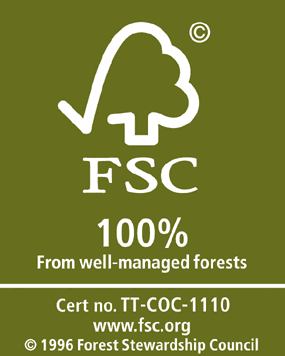
Forest Stewardship Council Certified Label
Every home designed by Green Home Source follows the ETHOS guidelines for sustainability and efficiency. All engineered wood products in our ETHOS homes must meet the most stringent environmental guidelines possible, while at the same time giving your home the strength and durability that only engineered wood can provide.
comments powered by Disqus
